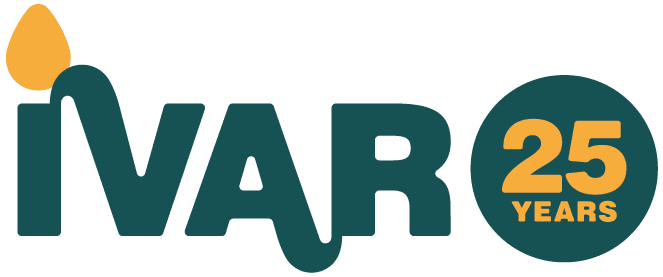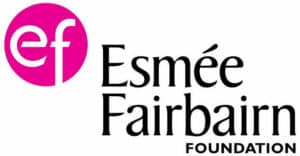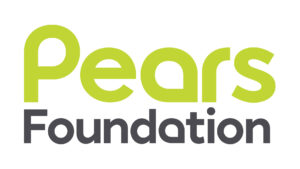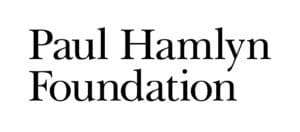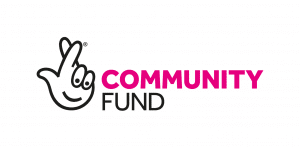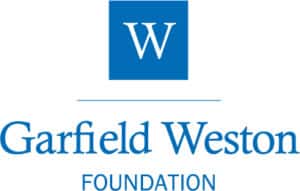
Leading in Uncertainty
Online peer support sessions for charities.
A space for charity leaders to pause, share, and learn
Since 2020, over 500 leaders have taken part in our Leading in Uncertainty sessions. These sessions combine open peer support with expert-led conversations, tackling the most pressing and recurring charity challenges leaders face.
Upcoming sessions
Focused sessions – Evaluation and Learning:
A return to a popular session topic – exploring the future of evaluation and learning.
Tuesday 10th February (10 – 11:30am)
How it works
- Who for: Leaders of charities, community organisations and social enterprises, based in the UK.
- Format: 90 minutes, online via Zoom, with up to 15 participants.
Two ways to take part
- Open conversations
Held three times a year, these flexible conversations offer leaders a chance to talk openly about challenges and connect with peers who understand – all guided by IVAR’s expert facilitators.
- Focused sessions
New for 2025–26: themed, focused discussions co-facilitated by expert partners, built around topics that charity leaders tell us are most pressing and persistent.
Including:
- Evaluation and learning
- Ending well
- The role of AI
Full details to follow!
Why join?
- A confidential space to speak openly
- Inspiration from all kinds of charities, across the UK
- A supportive network of fellow leaders
- Your insights shared (anonymously) with funders to shape better practice
Could you be a partner facilitator?
Do you have expertise to share with charity leaders? We’re seeking facilitators to co-design and run focussed sessions on key themes. Contact keeva@ivar.org.uk to find out more.
Insights from past sessions
Meet the facilitators
Meet some of the people who facilitate our peer support sessions.
We are from the kinds of organisations and communities that we seek to serve. Having worked in and around the voluntary sector as volunteers, paid staff, leaders, trustees, teachers and researchers – we understand and care about the distinctiveness and independence of the sector.

Ben Cairns
Director

Katie Turner
Director of Research

Dr Jo Brown
Deputy Director of Research

Miranda Taylor
Research Associate
